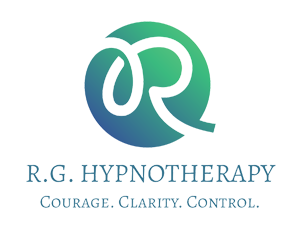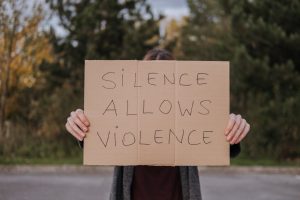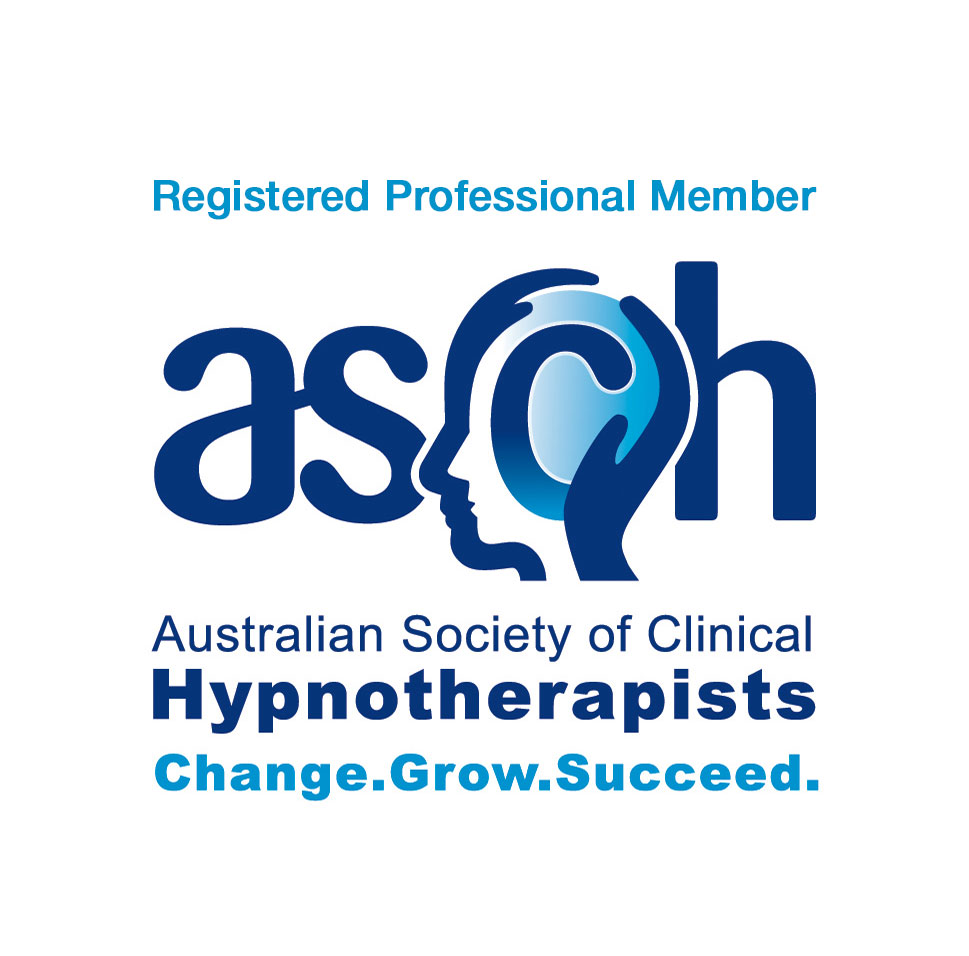Childhood trauma can have a significant impact on a person’s mental and emotional well-being. It can lead to feelings of anxiety, depression, low self-esteem, and difficulty forming healthy relationships. However, recovery from childhood trauma is possible. Here are ten ways to start the healing process:
- Seek professional help: A mental health professional can provide guidance and support in dealing with the effects of childhood trauma. Therapy can help you process and work through painful memories and develop healthy coping mechanisms.
- Build a support system: Surround yourself with people who are positive and supportive. This can include family, friends, or a support group. Having a support system can help you feel less alone and provide a safe space to share your feelings.
- Practice self-care: Taking care of yourself is essential for recovery from childhood trauma. Engage in activities that bring you joy, such as exercise, meditation, or hobbies. Make time for rest and relaxation, and prioritize your physical and emotional health.
- Develop healthy coping skills: Childhood trauma can lead to unhealthy coping mechanisms such as substance abuse or self-harm. Work with a therapist to develop healthy coping skills that can help you manage stress and difficult emotions.
- Learn to manage triggers: Certain situations or people can trigger memories of past trauma. Learn to identify these triggers and develop strategies to manage them. This can include deep breathing exercises or taking a break from the situation.
- Practice mindfulness: Mindfulness can help you stay grounded in the present moment and manage overwhelming emotions. This can include meditation or simple mindfulness exercises such as paying attention to your breath.
- Address negative self-talk: Childhood trauma can lead to negative self-talk and feelings of low self-esteem. Work with a therapist to identify and challenge negative self-talk and develop positive affirmations.
- Express your emotions: Childhood trauma can lead to feelings of shame or guilt. It’s important to express these emotions in a healthy way. This can include talking to a therapist, journaling, or creative expression such as art or music.
- Set boundaries: Setting boundaries can help you feel safe and in control. Learn to say no to situations or people that make you feel uncomfortable or trigger past trauma.
- Forgive yourself and others: Forgiveness can be a powerful tool in the healing process. This can include forgiving yourself for past mistakes or forgiving others who may have caused harm. Forgiveness does not mean forgetting, but rather releasing the negative emotions associated with past trauma.
Recovery from childhood trauma is a journey, and it can take time and patience. Remember that healing is possible, and seeking help is a sign of strength. With the right tools and support, you can move forward and create a happy and fulfilling life.




